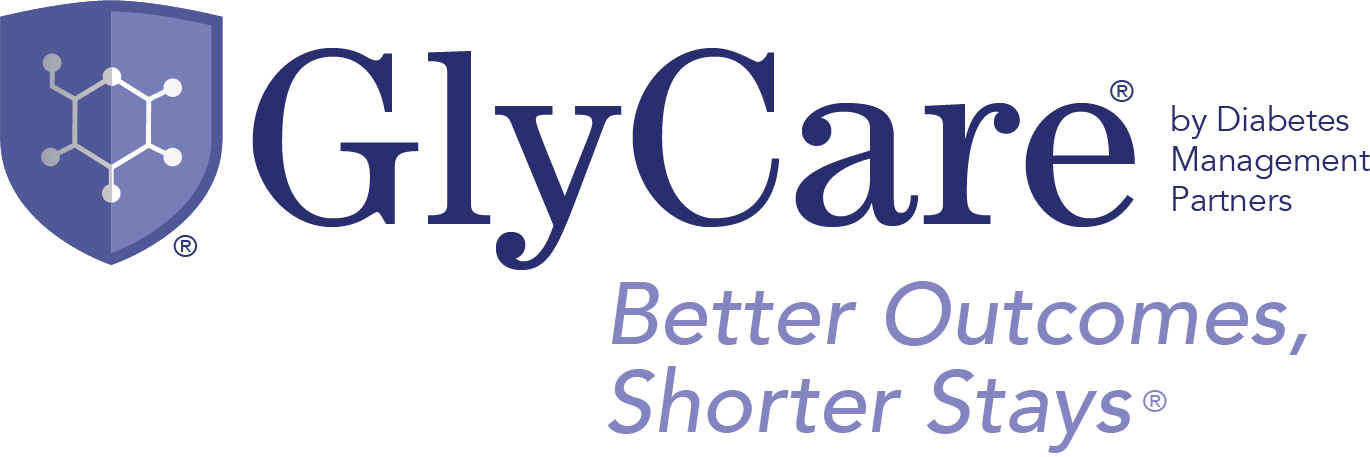Why Vaccinations Are Vital for People With Diabetes
Avoiding Preventable Disease with Vaccinations
By Jennifer Peterson, DNP, APRN, LMT, FNP-BC
While we are anxiously awaiting the release of a COVID-19 vaccine, it is important to make sure you are up to date with all other necessary vaccinations. People with diabetes are at a greater risk of complications from certain vaccine-preventable diseases, just like with COVID-19. Thousands of adults get sick each year from diseases that could have been prevented by a vaccine. Get vaccinated to stay healthy – especially if you have diabetes.
Why are people with diabetes at an increased risk of complications?
People with diabetes have an underlying low-grade inflammatory state which may result in a delayed or inadequate immune response to other diseases. The more health conditions someone has, the greater the risk of developing complications. In patients with diabetes, the body’s ability to fight off infection is compromised, increasing the risk of becoming severely ill. Infections increase inflammation in people with diabetes and so does elevated glucose levels. Because the body is concentrating on reducing the inflammation, the immune response to the new threat is suppressed, causing the illness to become more severe.
Additionally, damage to the circulatory system slows the healing effects of the circulating blood. Patients with diabetes often have comorbidities of circulatory complications, coronary artery disease, and other cardiac involvements. Moreover, when sick with an infection, glycemic control may deteriorate during the illness, increasing the risk for patients with type 1 diabetes and some patients with type 2 diabetes to develop DKA. As the body is torn between fighting inflammation and fighting the illness, glucose levels may rise making it more difficult to reign them back into control. The combination of uncontrolled diabetes coupled with an infection leads to more serious complications.
What can be done to decrease risks?
Get vaccinated. Avoid getting a vaccine-preventable disease altogether and you won’t have to worry about complications.
Control your diabetes. Well-managed diabetes includes having blood glucose levels within goal range. Goal ranges vary by patient depending on the type of diabetes and insulin sensitivity levels. In general, goal ranges for blood glucose levels are < 120 mg/dL.
Which vaccines are recommended for a person with diabetes?
The CDC recommends the following vaccines for people with and without diabetes:
Influenza – yearly to protect against seasonal flu
Pneumococcal – once after age 2 with a booster after age 64 to protect against pneumonia and the like
Tdap – one dose with a booster every 10 years to protect against tetanus, diphtheria, and whooping cough
Hep B – 2 or 3 doses depending on vaccine to protect against hepatitis B
Zoster – one dose after age 65 to protect against shingles
There may be other vaccines appropriate to suit your needs based on travel habits, lifestyle, and other factors. Talk to your healthcare professional about which vaccines are appropriate for you.
How GlyCare can help
Whether you see one of our practitioners in the hospital or virtually as an outpatient, GlyCare helps to manage blood sugar levels to each patient’s ideal target range, preventing episodes of extreme hypo or hyperglycemia. Keeping blood sugar within range can minimize any complications that arise.
What is GlyCare?
GlyCare is a team of endocrinologist trained nurse practitioners and physician assistants specializing in diabetes. They work in conjunction with physicians, nurses, staff, and patients to ensure proper blood sugar management. The team can expedite glucose control and subsequently ensure it stays within goal range. GlyCare ensures each patient has a safe diabetes management plan to follow, whether in the hospital, care facilities, or at home.
About the author
Dr. Jennifer Peterson, Nurse Practitioner, is the Director of Quality Assurance and Integration for GlyCare. She has years of experience managing diabetes for patients in the hospital and now trains other nurse practitioners to do the same. Dr. Peterson also ensures GlyCare provides high-quality services for all patients through a quality review program she created.
References
Centers for Disease Control and Prevention. (2016). Diabetes type 1 and type 2 and adult vaccination.
Centers for Disease Control, National Center for Immunization and Respiratory Diseases (NCIRD), Division of Viral Diseases. (2020, March 26). People who are at higher risk for severe illness.
Learn more about partnering with GlyCare for a turn-key diabetes management service. For more information on how to incorporate either in-person or virtual diabetes management, contact us today.

